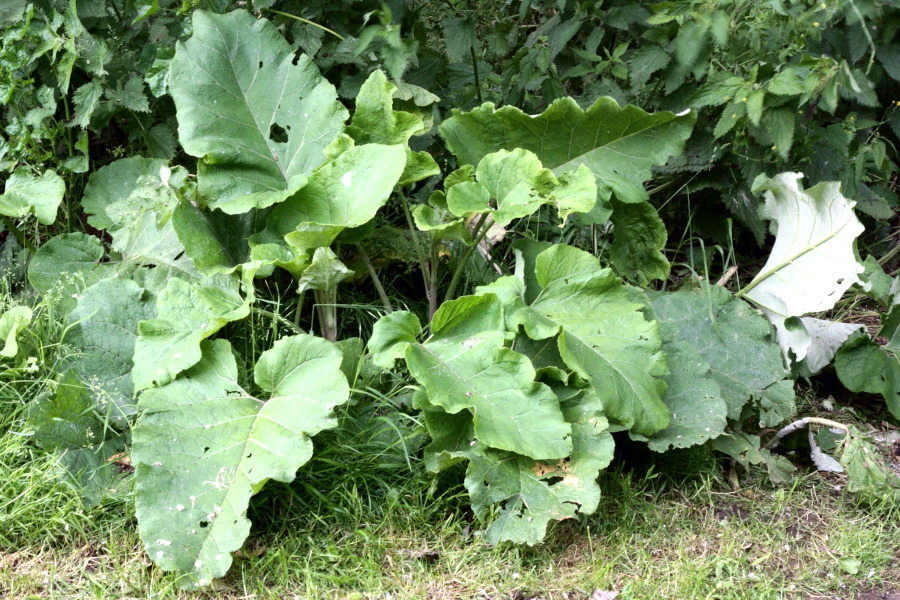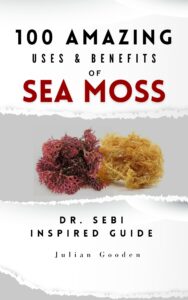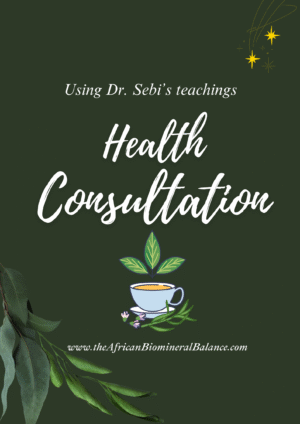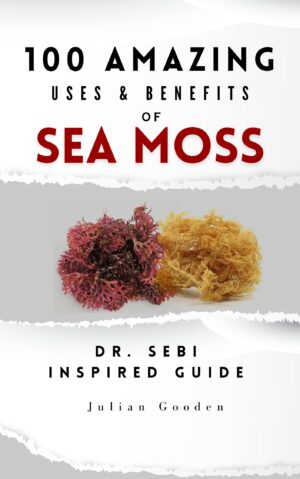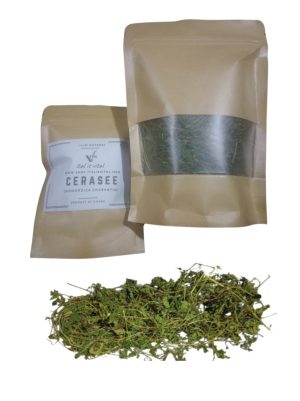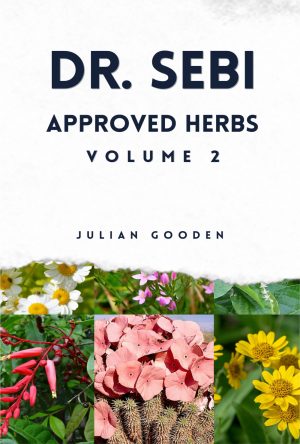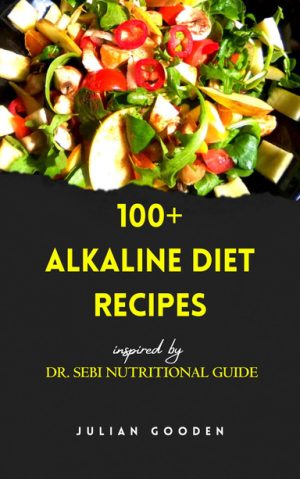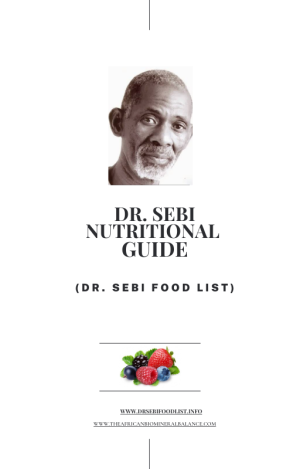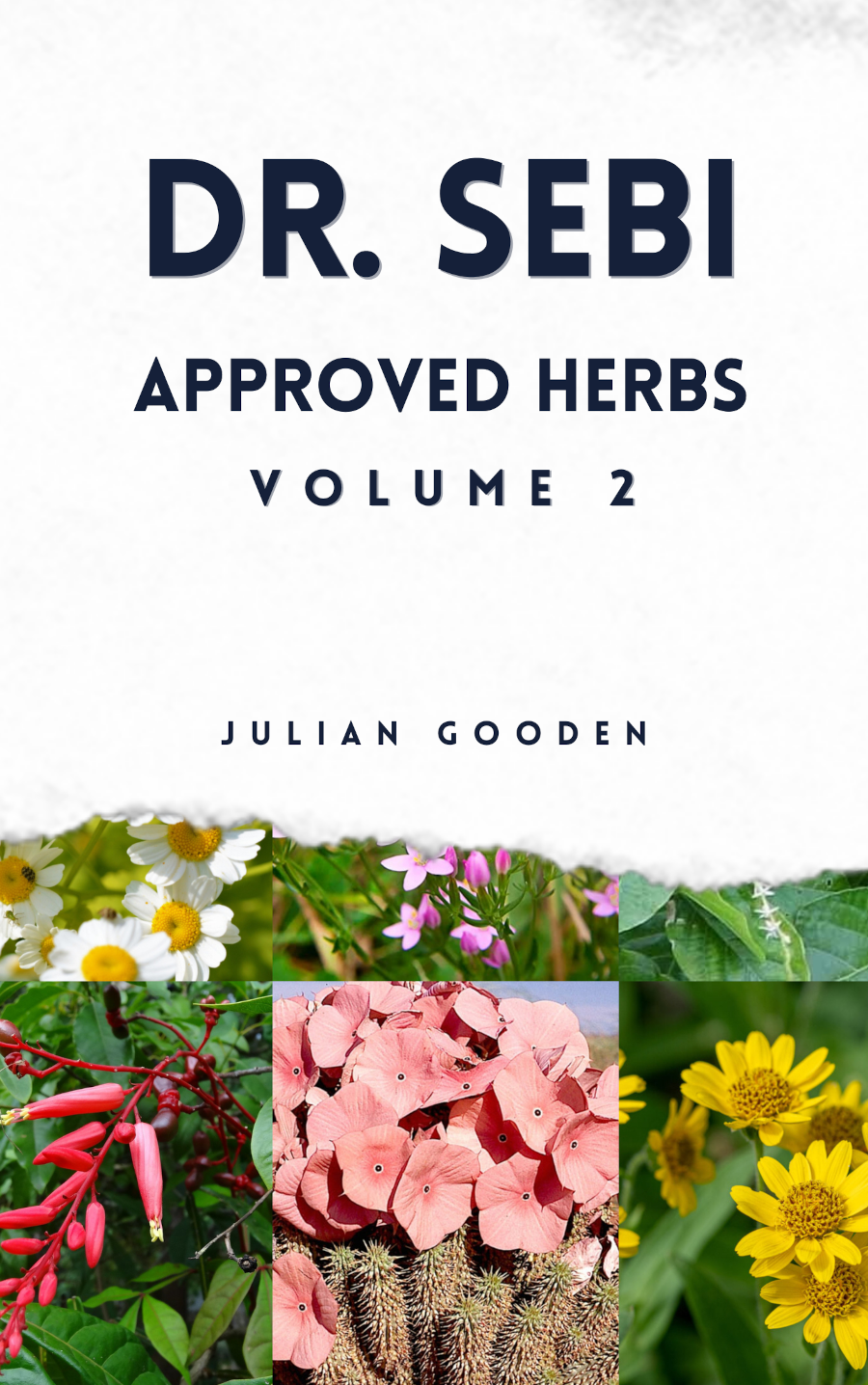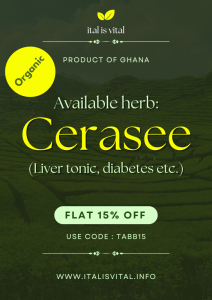Burdock (Arctium lappa) is a plant that has been traditionally used in herbal medicine for a variety of purposes. Dr. Sebi included burdock, a natural herb, for its traditional health benefits. Burdock has a long history of use in traditional medicine. Here are 15 potential medicinal benefits of burdock:
- Antioxidant Properties: Burdock is rich in antioxidants, which can help combat oxidative stress and reduce the risk of chronic diseases.
- Anti-Inflammatory: Burdock has been traditionally used to reduce inflammation and have potential anti-inflammatory properties.
- Skin Health: Burdock is used to promote healthy skin and may be used for conditions like eczema and psoriasis.
- Detoxification: Burdock is used to support the body’s natural detoxification processes by promoting liver and kidney health.
- Blood Sugar Control: Some animal studies suggest that burdock may help regulate blood sugar levels, which could be beneficial for individuals with diabetes.
- Digestive Health: Burdock has been used to relieve digestive issues such as indigestion and constipation.
- Immune Support: The antioxidants in burdock may help strengthen the immune system.
- Weight Management: Burdock may assist in weight management by promoting a feeling of fullness and supporting metabolic processes.
- Antifungal Effects: Some studies suggest that burdock may have antifungal properties.
- Anticancer Potential: Preliminary research indicates that certain compounds in burdock may have anticancer properties.
- Arthritis Relief: Burdock has been traditionally used to alleviate symptoms of arthritis, thanks to its potential anti-inflammatory properties.
- Respiratory Health: Burdock is used to help alleviate respiratory issues and promote lung health.
- Hair Health: Burdock root is sometimes used as a natural remedy for hair problems, such as hair loss and dandruff.
- Wound Healing: The plant’s leaves are traditionally used to promote wound healing.
- Antioxidant Skin Care: Burdock is used in skincare products for its potential antioxidant and anti-aging effects.
References:
– Yuk-Shing Chan, Long-Ni Cheng, Jian-Hong Wu (2010). A review of the pharmacological effects of Arctium lappa (burdock). Inflammopharmacology 19(5):245-54
– Duke, J. A., & Beckstrom-Sternberg, S. M. (1994). Handbook of medicinal herbs. CRC Press.
– Ovadje, P., et al. (2014). Evaluation of the antioxidant, anti-inflammatory, and anticancer properties of hydrolyzed burdock root protein (Lappa). Food and Chemical Toxicology, 65, 336-342.


